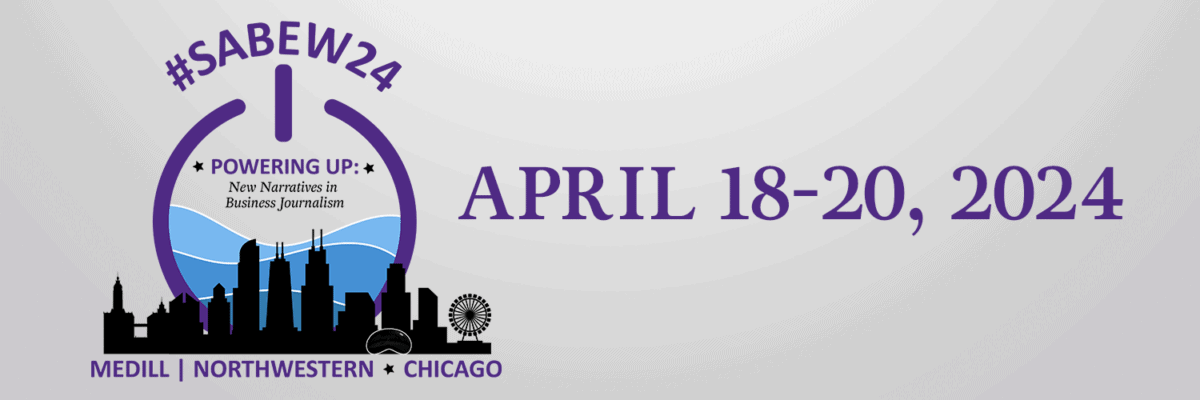 By Mythili Gubbi
By Mythili Gubbi
It is said that money doesn’t define who you are, but I believe that it does. I feel that everything I am today is a culmination of my experiences and environment – and a lot of that is based on my family’s financial status. Whether it’s the neighborhood you grew up in, the school you went to, the places you’ve visited, the people you have met or the things you have seen, every aspect of your life has a role to play, and money is a big factor in creating who you are.
If I was born into a poorer or richer family, my life would have been so much different. If my family didn’t have the means and resources to live on two continents, I would not be the person writing this today. If we couldn’t afford to get my book published, I would not be an author and I probably wouldn’t have had the confidence to pursue a career in storytelling. If we couldn’t make it financially work, I would not be paying international tuition and living in a country away from my family to pursue a journalism degree in the US. But this move has shaped who I am in such a large way and it is possible because of our financial status. And because I believe that money has such a large impact on our lives, I think that makes it even more important to cover money and the economy through business journalism.
Money is important. I’m not saying that it is everything, but it is definitely a responsibility and it helps define your decisions and viable paths. I have always lived at home with my family. But moving to the US from India has made me honestly realise the value of saving money. I’m not someone who would spend a lot of money or ask for fancy things all the time, but I never cared about budgeting or looking at how much I was spending because it was always Mom and Dad’s money. Now, I feel more responsible with my finances and am being much more careful.
But, in addition to being careful about how much I spend, I have this habit of converting every amount. I used to do this so much in the beginning, but not as much anymore. Today, the US dollar is equal to 72.5 Indian Rupee, but I round it off to 70 in my head. So every time I see a price in dollars, I always convert it to the rupee amount and it usually would be more expensive than what I would pay for it in India, and gradually, I just gave it up. And the funny part was when I visited India this summer, I would convert all the rupee prices to dollars and not feel guilty about spending because it was a lot cheaper than in the US.
It’s only been two years since I started managing my own finances and being responsible about money, and although I have learned a lot, I still have ways to go. But, I’m thankful to have the opportunity to learn how to manage my money better, but also have the safety net of my family, just in case.
Mythili Gubbi is a student at Arizona State University.






